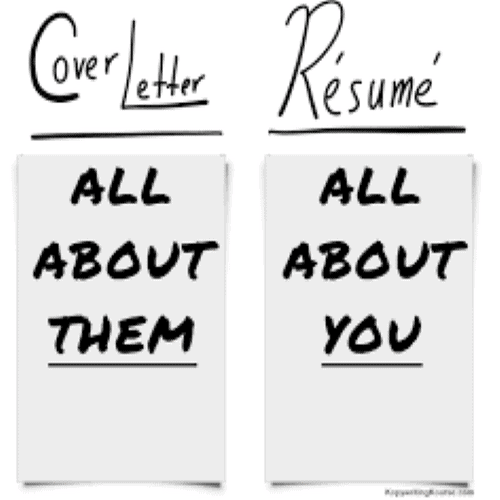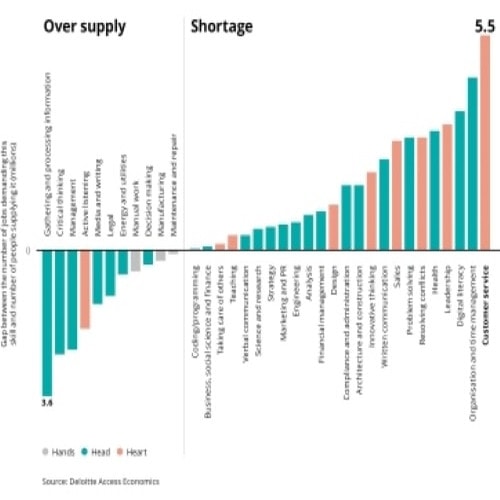1) Research your target employers:
Before you start writing your CV, you should find out exactly what your target employers want to see on applicants’ CVs. Search for relevant jobs online, make a list of the most popular requirements and link them to your own skills and knowledge. Including keywords will also help your application to beat application tracking systems, as unfortunately a lot of CVs don’t actually get seen by a human if they don’t make it through the initial digital screening process.
2) Format and structure are crucial:
A busy CV can be off putting and confusing! You need to ensure that recruiters and employers can navigate your CV easily and pick out the key information that they need. Divide your CV sections clearly with bold headings, use a simple font and break up text for ease of reading. Try to restrict it to a page or two, as the recruiter’s decision to progress your application will be based on the key information, not your life story!
3) Make a big impression with your profile:
The profile that you include at the beginning of your CV is crucial as i is the very first thing an employer will read and it could even be the deciding factor for recruiters when they are rushed for time and scanning through dozens of CVs. Make sure that it is packed with in-demand skills and knowledge, but show some personality too, so you don’t sound like a cliche! Try to keep it short and sharp to draw readers in and encourage them to read your CV in full.
4) Structure your role descriptions properly:
Job titles don’t always reveal much about what your previous roles entailed. In order to demonstrate the value that you can bring to a new potential employer, you must use your role descriptions to showcase what you’ve achieved for past employers. Start with an overall summary, then describe your responsibilities in bullet points and try to add some key achievements to prove your input.
5) Adapt your education:
The amount of information that you need to give about your education really depends on the stage in your career you are at. List your education at the bottom of your CV and adapt the amount of detail depending on your experience level. Less experienced candidates should include lots of education information, whereas more experienced candidates can use a short summary.
6) Keep interests relevant:
Interests are an optional section so only include interest that can add value to your job applications in terms of showing a bit of personality or demonstrating your true interest in the industry. Culture fit is a big factor that is considered when making a new hire, so some recruiters and employers may take a look at your interests to gage what kind of person you are and how they feel you would fit in at their organisation.
7) Triple check your CV:
Mistakes in your CV can seriously damage your job hunting chances, so make sure you thoroughly proof read your CV before sending it out to employers. Spelling and grammar errors can look sloppy, so it’s best to get a second opinion from a family member or friend ahead of sending it off.
.



